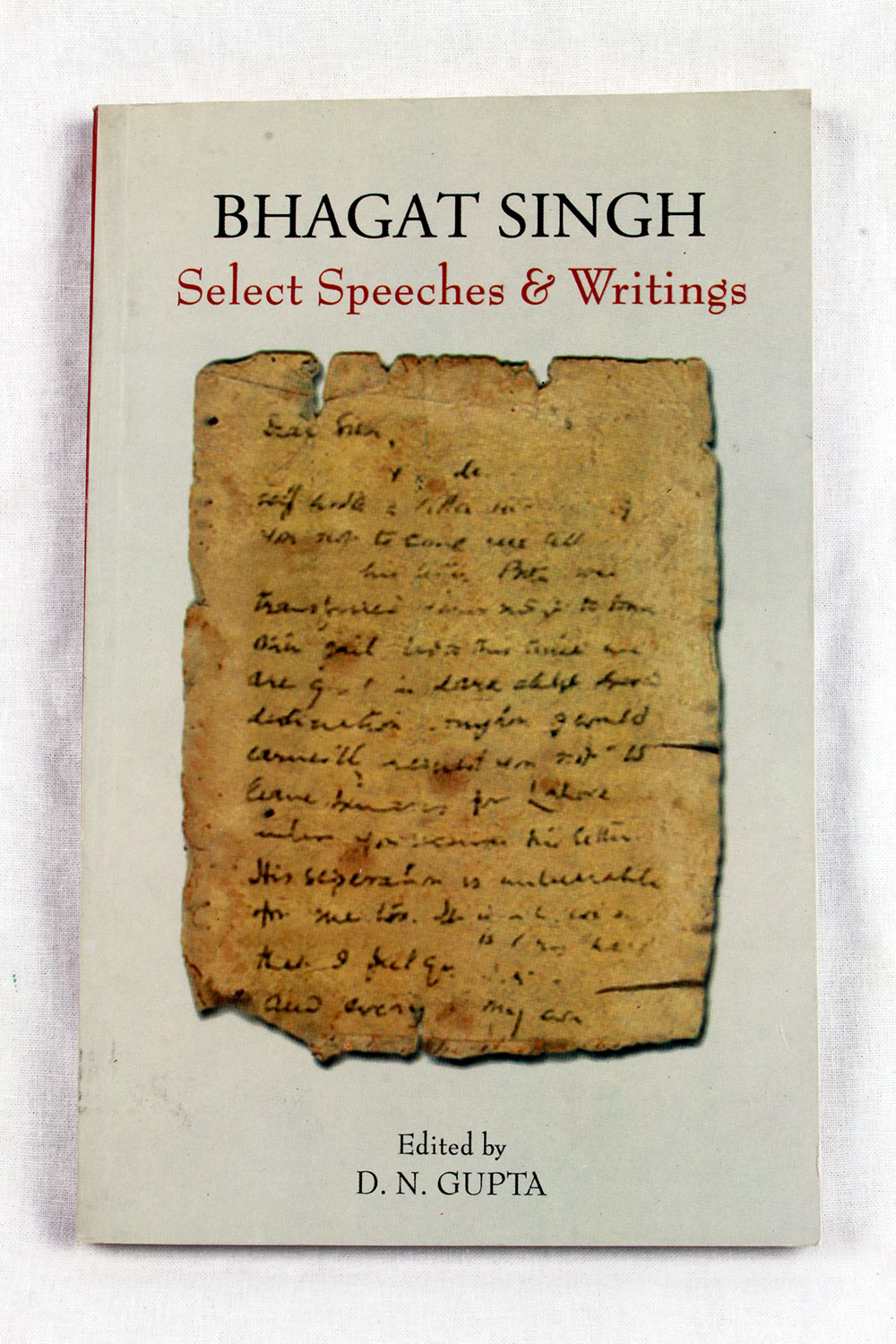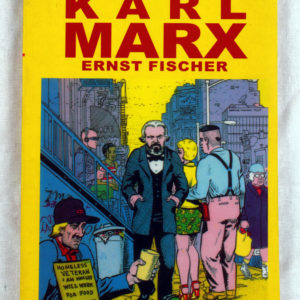Related products
‘Angela Davis swings a wrecking ball into the racist and sexist underpinnings of the American prison system’—Cynthia McKinney, former Congresswoman, US.
Davis’ central point is worth studying and bringing to the foreground in the prison reform movement. She argues that prisons do not solve crime. Within the last two decades the prison boom simply has intensified the criminalization of certain types of behavior, rather than having brought official crime rates down.—http://www.politicalaffairs.net
‘Editors K. Satyanarayana and Susie Tharu have drawn from their previous experience editing anthologies of Dalit writing from south India to collate poetry, essays, memoir and fiction into an immersive experience of Dalit literature as both aesthetic and socio-political identity.’— LiveMint
Read an excerpt published in the Hindustan Times.
A brief, clear, and faithful exposition of Marx’s major premises, with particular attention to historical context.
Author : Ernst Fischer
Stretcher-Bearer of Empire
In the pantheon of global liberation heroes, Mohandas Karamchand Gandhi has pride of place. Leaders like Mandela have lauded him as being part of the epic battle to defeat the white regime and prepare the way for a non-racial country. A popular sentiment in South Africa goes: ‘India gave us Mohandas, and we returned him to you as Mahatma’.
Against this background, The South African Gandhi: Stretcher-Bearer of Empire unravels the complex story of a man who, throughout his stay on African soil (1893–1914), remained true to Empire while expressing disdain for Africans. For Gandhi, whites and Indians were bound by an Aryan bloodline that had no place for the African. His racism was matched by his class (and caste) prejudice towards the Indian indentured. He persistently claimed that they were ignorant and needed his leadership, and wrote their struggles out of history—struggles this book documents.
The authors show that Gandhi never missed an opportunity to demonstrate his loyalty to Empire, with a particular penchant for war. He served as stretcher-bearer in the war between Brit and Boer, demanded that Indians be allowed to carry fire-arms, and recruited volunteers for the imperial army in both England and India during the First World War.
Ashwin Desai is Professor of Sociology at the University of Johannesburg. His previous books include South Africa: Still Revolting, ‘We are the Poors’: Community Struggles in Post-Apartheid South Africa and Reading Revolution: Shakespeare on Robben Island among others.
Goolam Vahed is Associate Professor of History at the University of KwaZulu Natal. He writes on histories of migration, ethnicity, religion, and identity formation among Indian South Africans.






Reviews
There are no reviews yet.